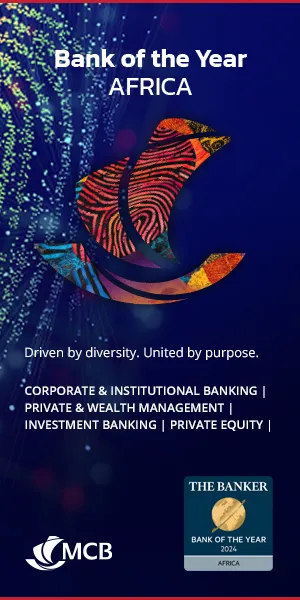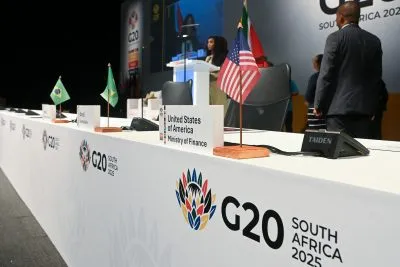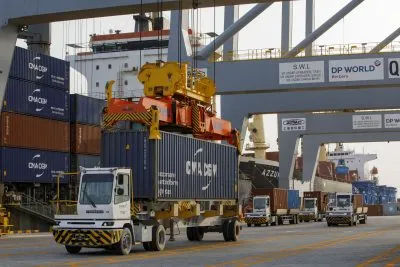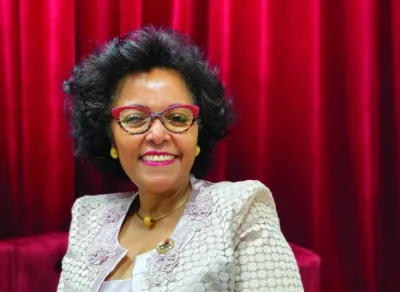In 2020, a major police investigation revealed an elaborate money laundering scheme in which Moroccan drug dealers played a major role.
The authorities found that the proceeds of Moroccan hash were being laundered, through the purchase of gold, into Dubai. Because the large-scale organised crime groups received illicit payments for the drug in small denomination cash notes, which are practically unusable for large purchases, the groups purchased gold bullion and exported the commodity to Dubai.
Upon arrival, customs officials treated the shipment as entirely legitimate. Once in Dubai, the gold could then be sold, and the proceeds stashed away in bank accounts. This raised serious question marks over the compliance practices of financial institutions both in the Gulf and North Africa.
It was in this context of growing fears that Moroccan banks were failing to implement anti-money laundering (AML) and counter-terrorist financing (CFT) regulations effectively that the Financial Action Task Force (FATF), a global money laundering watchdog, placed Morocco on its “grey list” in early 2021. The FATF reported Rabat’s failure to comply with the watchdog’s regulations and suggested the country’s financial intelligence units were too weak to fight financial crime.
The move was a major blow to Morocco’s reputation as an investment hub, with the country being placed in the same category as Yemen and Syria, denting foreign investment. While figures specific to Morocco are not yet available, Pakistani think-tank Tabadlab last year estimated that Islamabad’s place on the FATF grey list has cost it $38bn in economic activity since 2018. Given the increased monitoring that countries on the grey list are subject to, the move also increased compliance costs for Morocco’s banks by obliging them to undertake more rigorous AML processes. Placement on the grey list can also impact a country’s ability to raise capital on sovereign debt markets by implying higher risk for foreign investors.
However, after a series of political and regulatory reforms undertaken by the Moroccan government, the FATF has now removed the country from the grey list, announcing in late February that Morocco is “no longer subject to increased monitoring by the FATF.”
The watchdog said that Morocco had “strengthened the effectiveness of its AML/CFT regime,” by “improving its international cooperation mechanisms, strengthening AML/CFT supervision, [and] strengthening transparency of legal persons.” Reforms of the country’s police force also mean that Morocco is now better placed to confiscate the proceeds of crime and conduct successful money laundering operations.
Moroccan economy set to benefit
What could this move mean for Morocco and the Moroccan economy?
The first potential impact is an indirect one. The move is likely to improve Rabat’s reputation significantly among foreign investors and lower its risk profile, in turn encouraging more investors to commit capital to Morocco. The Moroccan government has stated that the FATF decision “will strengthen Morocco’s image and its positioning in negotiations with international financial institutions, as well as the confidence of foreign investors in the national economy.”
Foreign direct investment (FDI) into Morocco slightly declined between 2021 and 2022, partly in light of the FATF decision, but a lower risk profile could also allow Morocco to regain ground in terms of attracting more FDI. The potential economic significance of the move was immediately felt on the Casablanca Stock Exchange, where the main index strengthened by 1.6% following the FATF’s announcement.
This is particularly important in the context of sovereign debt. Morocco has announced plans to issue a dollar-denominated bond, mandating global investment banks BNP Paribas, Citi, Deutsche Bank, and JP Morgan to run the process of issuing its first bond for two years. An improved reputation on international markets could drive up demand for this bond, raising the amount of capital that Morocco can raise and lowering borrowing costs.
The deputy managing director of the IMF, Kenji Okamura, visited Morocco earlier this month and emphasised that “the Fund has been actively engaged with Morocco, including through four successive Precautionary and Liquidity Line (PLL) arrangements,” in a sign of how Morocco’s relationship with international financial institutions is improving in light of its financial reforms.
Good news for Morocco’s credit ratings
It has been suggested that Morocco’s credit rating, with international agencies such as Fitch Ratings, could also be upgraded in light of the FATF’s decision. In their last report in November 2022, Fitch outlined that Morocco’s credit fundamentals are supported by several factors but are also set against “weak development and governance indicators.”
Fitch also noted that they did “not expect Morocco to tap international markets due to less favourable external funding conditions,” both for Morocco and emerging markets generally. However, both of these conditions may be set to change, with the FATF publicly announcing the progress made on strengthening AML and CFT controls and Morocco having increasingly favourable access to capital markets as a result.
There are still economic challenges for Morocco to grapple with. For one, the country is facing its worst drought in three decades, dampening Morocco’s agricultural exports and driving up domestic inflation, with prices rising at an historic high of 8.2% in January 2023.
However, the reforms the government has made to Morocco’s compliance, AML, and CFT processes will certainly help to make the economy more resilient. By strengthening Morocco’s reputation on international markets and improving Rabat’s ability to raise cheaper capital, the country may be better equipped to navigate economic volatility.
Want to continue reading? Subscribe today.
You've read all your free articles for this month! Subscribe now to enjoy full access to our content.
Digital Monthly
£8.00 / month
Receive full unlimited access to our articles, opinions, podcasts and more.
Digital Yearly
£70.00 / year
Our best value offer - save £26 and gain access to all of our digital content for an entire year!


 Sign in with Google
Sign in with Google 






